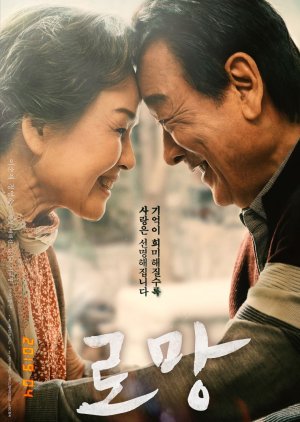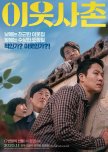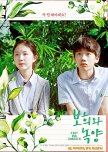
Cette critique peut contenir des spoilers
Love does mean saying you are sorry
The synopsis for Romang sounded romantic, bittersweet, and heartwarming. Before I watched this movie I read comment after comment about how it made people ugly cry. This movie made me angrier than it did sad. And I found it more bitter than sweet. More heartbreaking than heartwarming. It might be more apt to say it's about a family that in their response to a tragedy years ago, lost the ability to love and laugh and became locked into a terrible dysfunctional cycle.The father was a taxi driver who was cold, angry, selfish and unapologetic. The mother worked as a hairdresser out of their home, usually on the roof, and either absent-mindedly or passive-aggressively neglected to do the things her husband expected and demanded. Their son who lived with them along with his wife and daughter couldn't hold down a job. The home bristled with resentment and lost dreams.
When the mother was diagnosed with dementia, the little family initially exploded. By the time the movie caught up with the synopsis, I was beyond caring about any of them. Also, at that point, it stretched credulity in the way dementia was portrayed, or at least compared with the experiences in my extended family. The emotional U-turn of the father nearly gave me whiplash.
A seasoned cast gave admirable performances full of emotion and pathos. The OST was beautiful as well. For me, the uneven writing let me down right to the bitter end. I'm all for a good tear jerker or even a melancholy slice of life, somehow this one managed to miss all the right steps for me by abruptly changing mood and not giving good reasons for characters' changing behaviors unrelated to their diseases And contrary to what Ali MacGraw said in Love Story (1970-"Love means never having to say you are sorry"), love does mean saying you're sorry.
Cet avis était-il utile?









































